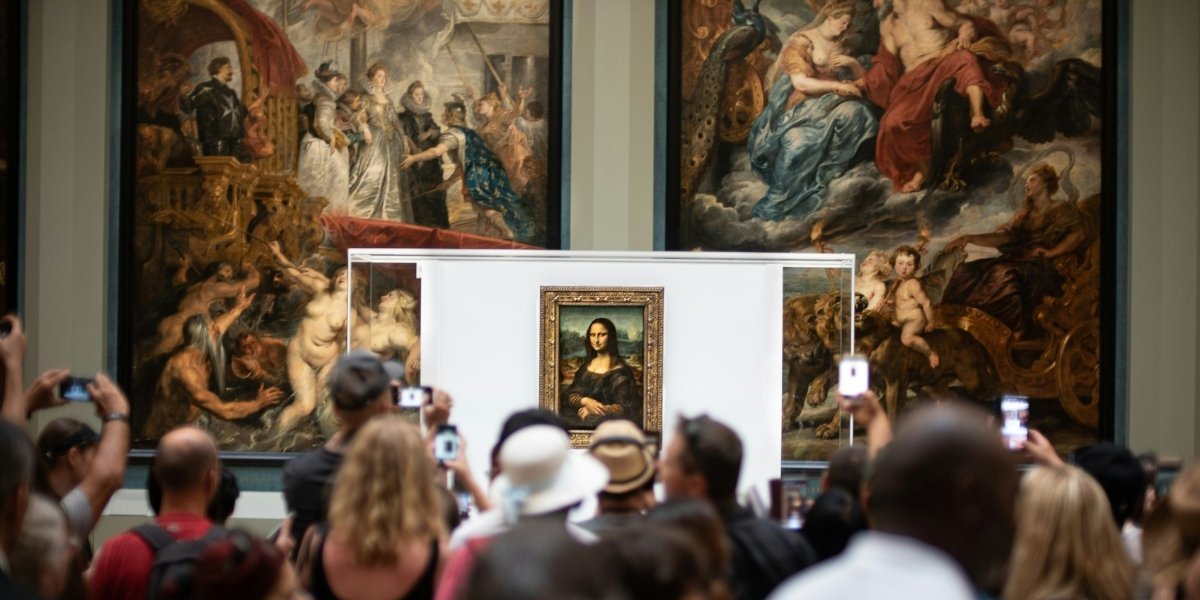The gospel has long been more than just a religious tradition; it’s a powerful cultural and ethical force that has shaped art, music, and social movements for centuries. In today’s creative landscape, artists continue to draw from the gospel’s rich legacy to inspire change, advocate for justice, and address pressing social issues. This influence is felt across all forms of artistic expression, from music to visual art, and it speaks to the universal themes of hope, redemption, and community. We’ll explore how the gospel legacy is being applied in today’s culture and ethics, and why it’s more relevant now than ever.
The Gospel’s Enduring Cultural Influence
The gospel has always been a powerful tool for storytelling, deeply ingrained in the history of African American music, visual art, and theater. Gospel music, in particular, has played a critical role in shaping the sound of contemporary music, influencing everything from jazz to soul, and more recently, hip-hop and pop. Artists like Mahalia Jackson, Sam Cooke, and Aretha Franklin paved the way, and today’s artists, such as Beyoncé and Kanye West, continue to weave gospel themes into their music, blending spirituality with popular culture.
Beyond music, the gospel has also had a significant impact on visual art, with artists like Kerry James Marshall and Theaster Gates using religious symbolism to explore themes of identity, community, and social justice. Gospel imagery is often used to address moral and ethical questions, offering both a spiritual and cultural perspective on the issues of the day. Whether through paintings, sculptures, or performance art, the gospel’s influence can be seen in how artists confront race, class, and gender, providing a framework for cultural dialogue and expression.
Contemporary Gospel Artists: The Bridge Between Tradition and Innovation
Today’s gospel artists are not only carrying the torch of tradition but are also pushing boundaries to reflect the evolving nature of faith, identity, and culture. Gospel music is no longer confined to Sunday services or religious contexts; it is being used as a tool for social change, community building, and activism. Artists like Kirk Franklin and Chance the Rapper have made gospel music relevant to a broader audience by blending traditional gospel sounds with contemporary genres like rap, R&B, and electronic music.
These artists are using their platforms to address issues such as racial inequality, poverty, and mental health, while also promoting messages of hope, healing, and unity. This shift in the gospel genre is creating new opportunities for artists to engage with their audiences in a more profound way, transcending the traditional boundaries of religious music and offering a fresh perspective on how faith and culture intersect.
Investor Insight: As gospel music continues to evolve and blend with other genres, investors should keep an eye on the rising popularity of gospel-infused artists and the broader movement toward socially conscious art that challenges norms and speaks to societal issues.
Gospel-Inspired Art in Social Movements
In recent years, there has been a resurgence of social movements that are deeply rooted in the gospel’s ethical teachings. Artists and activists alike are using gospel-inspired art to address issues such as racial justice, LGBTQ rights, and environmental sustainability. These movements are challenging traditional notions of morality and ethics, encouraging a reevaluation of how communities and institutions uphold values of justice, equality, and care for others.
One of the most powerful examples of this is the Black Lives Matter movement, which has found inspiration in gospel music and religious rhetoric. The anthem “Lift Every Voice and Sing,” often referred to as the Black National Anthem, has roots in gospel and continues to be used as a rallying cry for justice and equality. Contemporary artists like Alicia Keys, who has integrated gospel elements into her music, continue to use their platform to address systemic racism and inequality, urging people to take action and demand change.
Visual artists, too, have found gospel teachings to be a rich source of inspiration for addressing social justice. Contemporary works that engage with themes of liberation, redemption, and salvation often carry the ethical teachings of the gospel, offering both hope and a call to action. These artists are using their work to not only reflect the world as it is but to challenge it, advocating for a more just and compassionate society.
The Ethics of Faith in Contemporary Creative Movements

Photo Credit: Unsplash.com
The gospel’s legacy continues to be a guiding force in the ethical development of contemporary culture. The themes of forgiveness, compassion, and justice found in gospel teachings are being reinterpreted in creative ways that resonate with today’s audiences. For instance, in the art world, many artists are using their work to comment on the moral implications of issues such as climate change, immigration, and inequality. They are asking hard questions about humanity’s role in the world and challenging viewers to consider their ethical responsibilities in society.
This ethical framework is also influencing the business side of the creative industries. More and more, artists are taking stands on ethical issues such as fair pay, diversity, and environmental sustainability. The rise of ethical consumerism, particularly in the fashion and music industries, is a testament to the lasting impact of gospel principles on the modern marketplace. Companies and creators who align their business practices with these values are finding that consumers are more likely to engage with their work, not just because it’s good, but because it aligns with their ethical beliefs.
Why the Gospel Legacy Matters Today
As artists continue to explore and reinterpret the gospel’s themes, we are reminded of its lasting relevance in today’s culture and ethics. The gospel legacy offers not just a spiritual framework but a rich cultural resource for artists seeking to address the most pressing issues of our time. From social justice to environmental activism, the gospel provides a moral compass for creatives who are committed to making a difference in the world.
For artists, the gospel legacy offers a unique opportunity to tap into a rich cultural tradition while also pushing the boundaries of contemporary art. Whether through music, visual art, or theater, artists continue to draw inspiration from gospel teachings, applying them to today’s cultural landscape in powerful and meaningful ways.
Actionable Insight for Artists: For creators seeking to engage with today’s ethical challenges, gospel teachings provide a strong foundation for addressing complex issues with compassion, integrity, and hope. By drawing on this rich legacy, artists can continue to inspire change and shape the cultural conversation for years to come.















